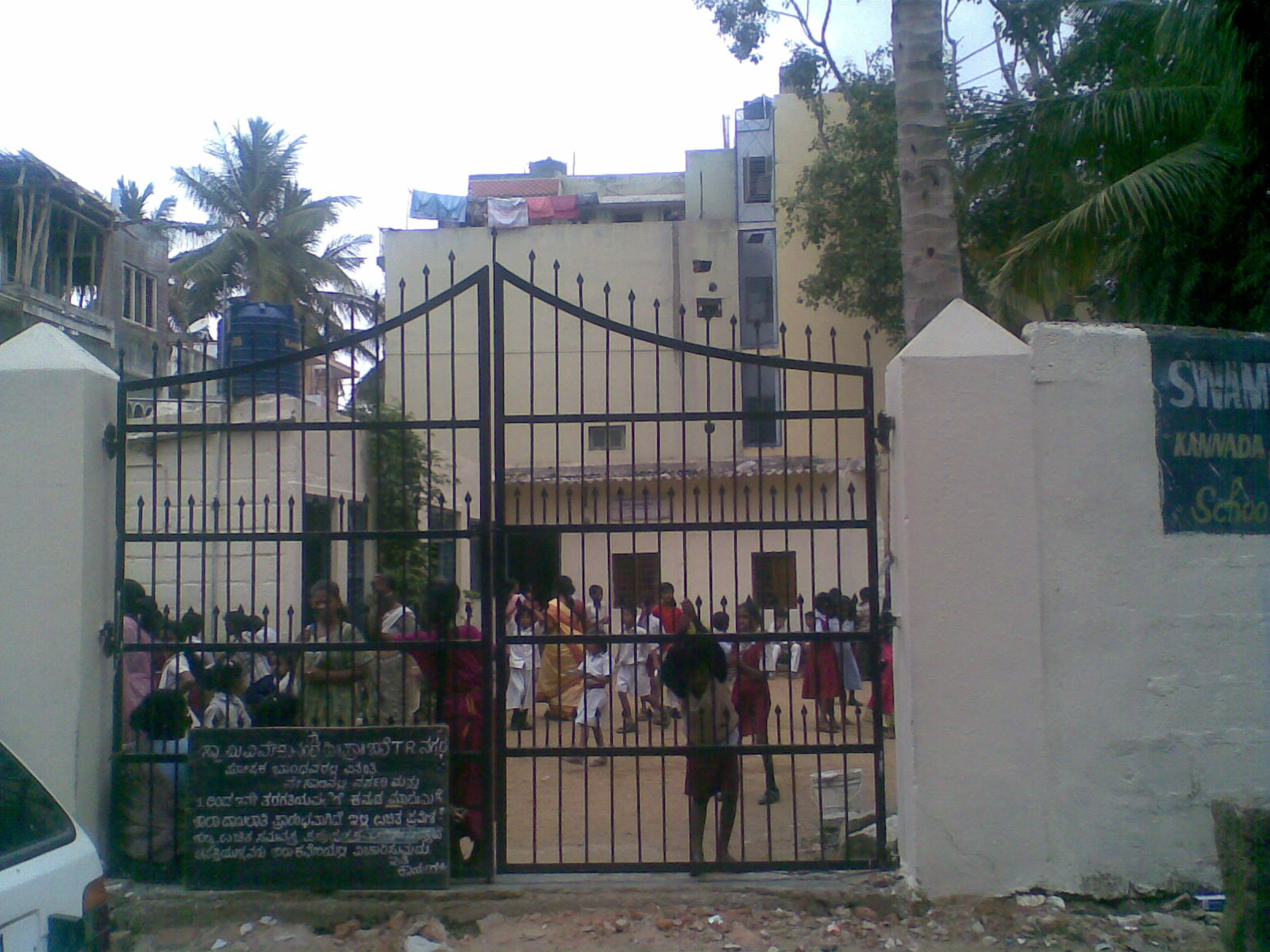Space Feats of India
 India and space laws: A millennium perspective
THE LAUNCH of Sputnik 1 by the former Soviet Union in 1957, followed by a similar feat by the U. S., within a few months, heralded the birth of the space age. The development and application of space technology has since made a tremendous global impact in diversified fields including social, economic, cultural and scientific.
India and space laws: A millennium perspective
THE LAUNCH of Sputnik 1 by the former Soviet Union in 1957, followed by a similar feat by the U. S., within a few months, heralded the birth of the space age. The development and application of space technology has since made a tremendous global impact in diversified fields including social, economic, cultural and scientific.

 It give us immense pleasure to say that with the help of all of you the painting for the school is finished. A big thanks to all for contributing to add a smile to the face of the children and give them a neat and tidy environment to study in. When the students returned after their vacations, the surprise was waiting for them. Children were astonish and filled with joy to see their school in new avatar.
It give us immense pleasure to say that with the help of all of you the painting for the school is finished. A big thanks to all for contributing to add a smile to the face of the children and give them a neat and tidy environment to study in. When the students returned after their vacations, the surprise was waiting for them. Children were astonish and filled with joy to see their school in new avatar.